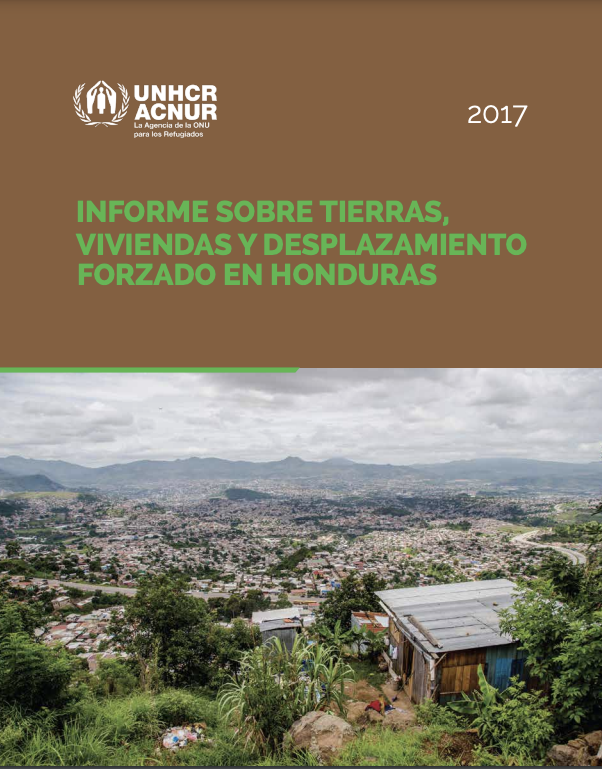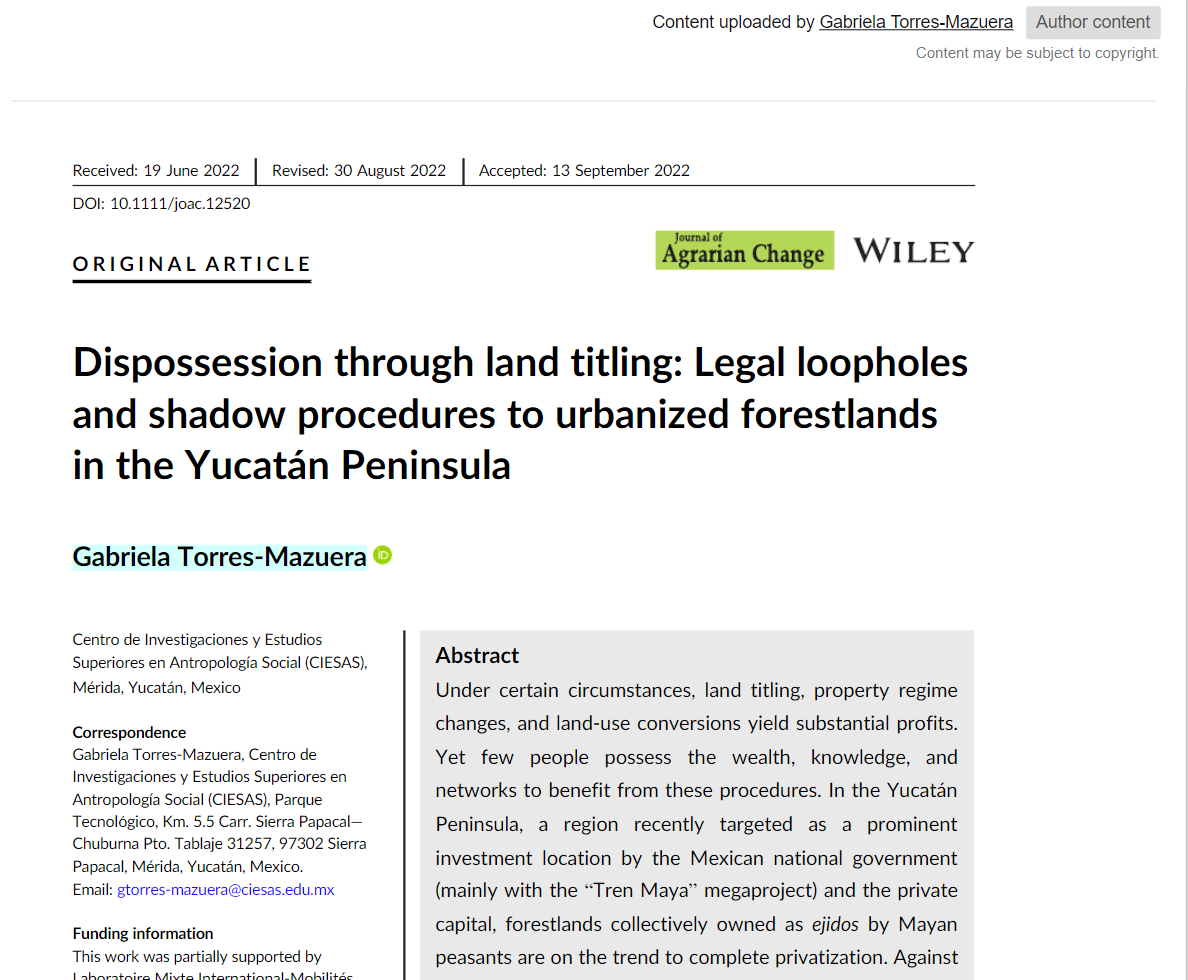Energy transition minerals and their intersection with land-connected peoples
Rapidly transitioning the global energy system to renewables is considered necessary to combat climate change. Current estimates suggest that at least 30 energy transition minerals and metals (ETMs) form the material base for the energy transition. The inventory of ETMs indicates a high level of intersectionality with territories less impacted by the historic forces of industrialization.







